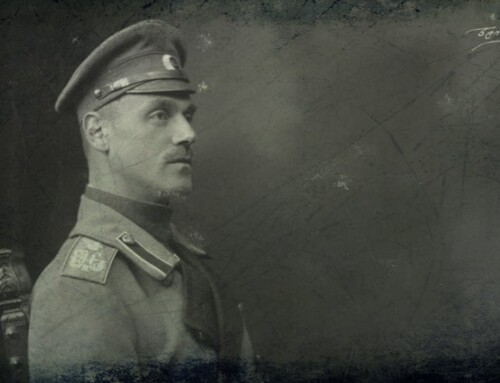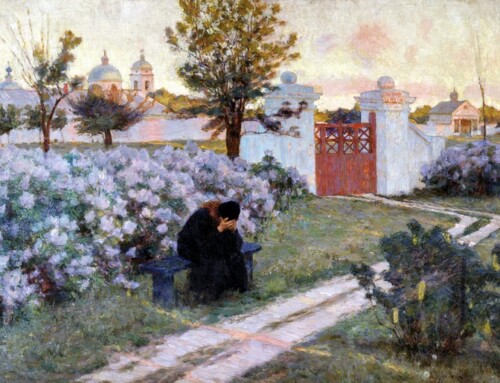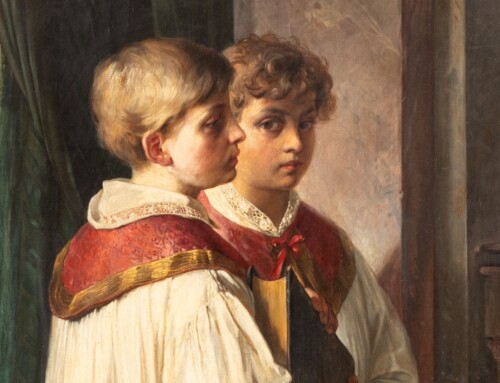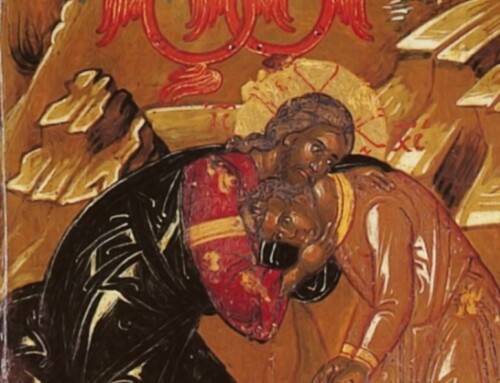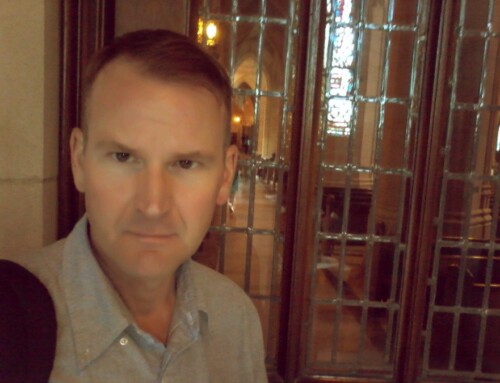In the first place, man, the image of God, was created “male and female” (Gen 1:27). Men and women are equal as persons and complementary as male and female. Sexuality is something that pertains to the physical-biological realm and has also been raised to a new level – the personal level – where nature and spirit are united. – Congregation for the Doctrine of the Faith, “Considerations Regarding Proposals to Give Legal Recognition to Unions Between Homosexual Person”
No one was born gay. There is no third sex and there is no orientation besides heterosexual; therefore, everyone, including those who later “come out” as gay, were born either male or female as well as heterosexual. Now, along the way, usually beginning in childhood, that biological truth becomes chipped away in our psyche. For instance, in a boy who later becomes a gay man, there is typically a serious disconnect with the father figure, male peers, and masculinity resulting in an intense feeling of rejection and alienation. At this point, the first instances of same-sex attraction enter the memory, but we can neither fully understand nor accurately process them at the time. Later, sometimes after experiencing further rejection – in this case from peers – we begin to homoeroticize the emotional loss, and that estrangement from male love twists into something sexual, and ultimately, we begin to accept them. In my life, this happened in my early teens when I read a biography of my hero James Dean that described his apparent bisexuality or more predominant homosexuality. I thought to myself, He was rather manly; if it was okay for him, then it’s okay for me. Something clicked in me, and I admitted, initially only to myself, that I was gay. It can happen that quickly and that easily. For others, the process is more strained. Finally, I decisively “came out” as an exercise in “self-acceptance” and personal honesty. I was letting go of the “shame.” Only what shame was I attempting to banish from my life? The shame of being gay or the more truthful shame still buried inside me – that I had been hurt, and hurt deeply. But I couldn’t even begin to go to that dark place, because the orientation had now locked me into position: I was a gay man. I based everything on a supposition – on who I thought I was.
Later, often serendipitously, for the first time we act upon our confused need for masculine affection and discover that it feels really good to be with another man. Then, we mistakenly think that we found our well of happiness, and we keep going back to it over and over. But, we are never fully satisfied – we stay eternally thirsty. But, we continuously return. After a few years, I was always there. Eventually, in my own life, when the well finally ran dry for good, it was either stay and die or move on to the next oasis. I couldn’t go, for this place was all I knew – because, my very being was attached to that dusty hole in the ground and I couldn’t just walk away. Suddenly, as mysteriously as He appeared at the Well of Jacob, Christ challenged my preconceptions about myself and knocked me out of my state of miserable complacency; but, even then, I ambled about like Lot’s wife – hesitant to move very far and persistently looking back. For I was still attached to that place, that gay well. Although it had ceased to function, I felt that this was my land, fought and died for. My friends had adored here and perished here. Why should I now go somewhere else? I was obstinate in my resistance. I was gay and no one was going to move me beyond this spot. However, Christ was insistent and He was there, and all I had to do was accept Him – “I am he, who am speaking with thee” – only for years I kept looking at that outstretched hand with the bullet-hole in the palm; I couldn’t take it. I was afraid, and I was unwilling to assume the risk. I couldn’t trust, and I couldn’t face the past; I couldn’t give up who I thought I was. Slowly, Christ revealed the broken boy, the sniveling weak thing I rejected, He embraced him and He healed him. Then, I took the hand of Christ and He led me away; I never looked back to that desolate place ever again.